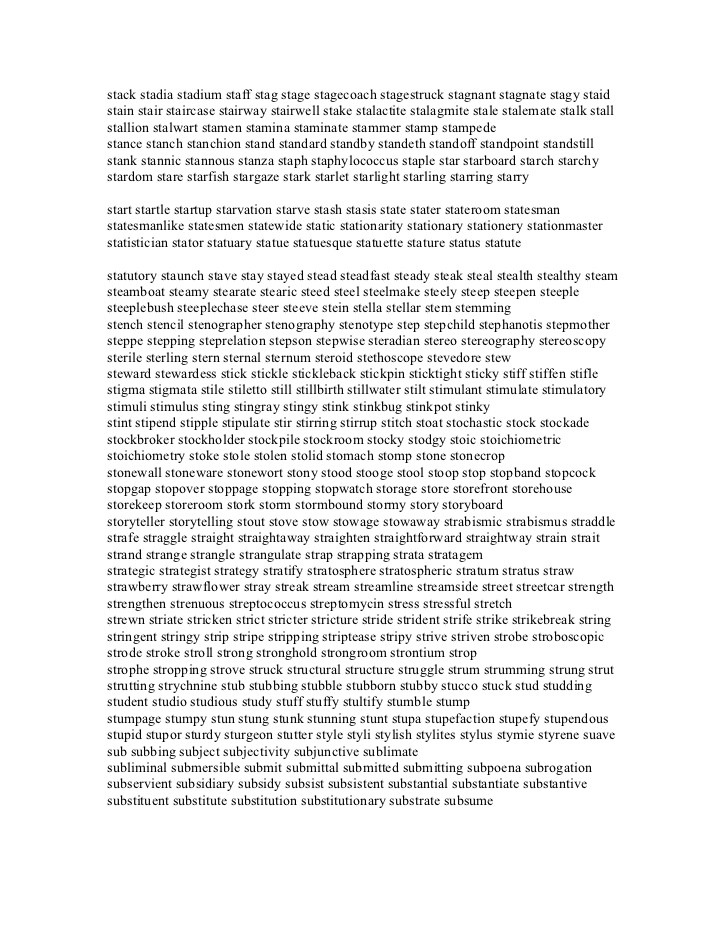Minerals Transfers and Encumbrances by Roger Beecham
Post on: 29 Апрель, 2015 No Comment

Minerals, Transfers and Encumbrances by Roger Beecham
The ownership of minerals in Texas presents a number of problems for lienholders, landowners, and lessees of mineral interests, especially in the dense urban areas that lie above the productive Barnett Shale. Minerals, including oil and natural gas, are considered real property in Texas under the ownership-in-place theory, a severable interest connected to surface property. Texas Co. v. Daugherty, 107 Tex. 226, 176 S.W. 717 (1915). Liens and other encumbrances affecting the land subject to an oil and gas lease necessarily affect the lease itself, subject to the applicable recording statutes (Texas is a race-notice state, see Tex. Prop. Code Ann. §§ 11.0001-13.005 (Vernon 1984 & Supp. 1998)). Both lienholders and oil and gas lessees must protect their interests wherever possible, and landowners need to be aware of the problems presented by pre-existing liens and other encumbrances.
The Barnett Shale in North Texas extends into urban areas that have never been subject to oil and gas drilling activity and most surface owners retained their mineral interests. Lienholders who have financed the purchase of these tracts have sought to protect their real estate collateral against transfers by the landowner. Most deeds of trust afford protection for the lender through prohibitions against transfer of the property, any portion of the property or a beneficial interest by including a clause referred to as a “due on sale clause”. Since minerals interests including oil and gas are considered real property, the granting of an oil and gas lease of minerals subject to a deed of trust is a transfer of a real property and could be in violation of the due on sale clause. The Texas Home Equity Security Instrument (First Lien) Fannie Mae/Freddie Mac Uniform Instrument Form 3044.1 provides that a transfer of the property or an interest in the property without the lender’s prior written consent may result in acceleration of the underlying loan. To provide more clarity many lenders now include an additional rider to mortgages in areas with high oil and gas activity, typically labeled an outstanding mineral interest agreement. These agreements between lender and borrower prohibit the transfer of mineral interests until all debts are fully paid, and allow that any holders of outstanding mineral interests whose activity results in damage to the property may be liable to lender. They also provide that any reimbursement or compensation from such use shall be paid directly to the lender. Through these agreements, lenders are providing protection for themselves against the use and sale of mineral interests.
Because of these provisions, lessees must ensure that they can adequately explore and produce minerals subject to an oil and gas lease without subjecting themselves to liability. Typically, most oil and gas leases contain subrogation clauses to protect lessees in the event of a default on a pre-existing lien. In addition to providing for the discharge and payment of liens affecting the property by the lessee, these provisions may even insist that portions of the property not subject to the oil and gas lease be sold first in satisfaction of any mortgage. Grand Court of Order of Calanthe v. Ebling, (Tex. Civ. App. – Austin 1939). When exercised, subrogation clauses allow the lessee to apply rentals, royalties and other payments toward satisfaction of the lien. Nevertheless, a lessee of property subject to preexisting lien should obtain a subordination agreement from the lienholder subordinating the lien to the oil and gas lease, or if the lien of record is no longer in full force and effect, obtain a release from the lienholder. Because the chain-of-title doctrine may affect the priority and notice regarding some liens, an oil and gas lessee may not be aware of some pre-existing encumbrances. MBank Abilene, N.A. v. Westwood Energy, Inc. 723 S.W.2d 246 (Tex. App. – Eastland 1986, no writ). Once obtained, subordination agreements provide the most protection for oil and gas lessees to continue operations without fear of liability.

Oil and gas are important natural resources but their value is only realized once it is extracted from the ground. A lienholder must protect himself against the severance of his collateral and the lessee must insure his interest is free of any lien. The landowner must be made aware of the inherent liabilities in leasing or selling encumbered mineral interests subject to a lien.
________________________________________
Roger Beecham is a partner in Shannon, Gracey, Ratliff and Miller, L.L.P. He is involved with all aspects of mineral titles, leases, leasing, and other oil and gas activities. He also practices water, oil and gas litigation, and real estate law. Mr. Beecham is in the firm’s Dallas office and may be contacted at 214.245.3077 or This e-mail address is being protected from spambots. You need JavaScript enabled to view it .














